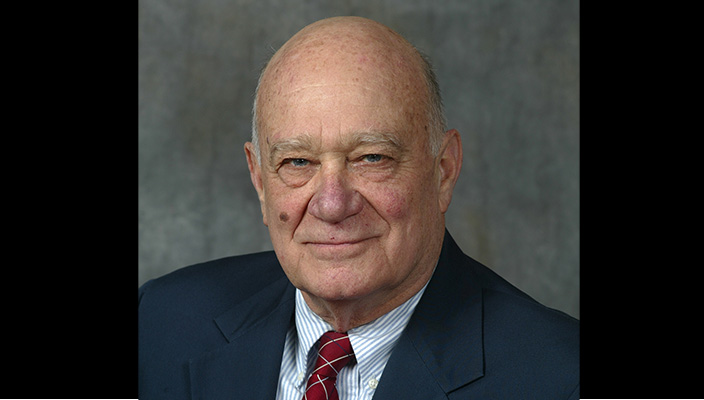As you may know, published titles for articles and books cannot be copyrighted or restricted. So, when I saw the review of Joan Silber’s new book in this Weekend’s Wall Street Journal, I grabbed the title, “Secrets of Happiness.”
My enthusiasm mounts as I note the number of writers and endeavors focusing on “happiness.” I hope you will heed Long Islander Walt Whitman’s “Song of the Open Road” and join me on these journeys to positivity.
My first two happiness columns appeared in April Blank Media (islandnow.net/opinions (D’Innocenzo). If you wish, I can email links for those columns or mail you hard copies. Shortly after my two columns were published, The Atlantic Monthly announced it was establishing a special project “What Makes Us Happy?” (I look forward to participating in that and several other ventures).
These are, indeed, propitious times to turn away from so many pandemic negatives that altered our daily lives: illnesses, loneliness, deaths, grief. Although the past is never “undead,” we can find ways forward for positivity.
Among other explorations, we can examine the two most popular courses at Yale and Harvard. In 2018, Yale professor Laurie Santos launched the most popular course in the university’s 319-year history: “Psychology and the Good Life.”
Santos created a free online version of the offering, “The Science of Well-Being.” During the pandemic 2.2 million students enrolled on line (the course can still be taken free on line over 10 weeks by investing 19 hours).
Americans are exploring dimensions of happiness at a time when the 2020 World Happiness Report listed the United States population as only “the 18th happiest population in the world.”
I look forward to reading Silber’s “Secrets of Happiness,” but there are already many themes to explore. I re-emphasize that Thomas Jefferson’s “pursuit” meant the “practice” of happiness, not merely the seeking of it, and there was a deep “Maslow” type economic security that went with happiness, liberty and democracy (not unlike President Joe Biden’s “Rescue” program, where infrastructure includes family strengthening in ways not considered since Jimmy Carter sponsored a White House Conference on Families in 1977).
It was no accident that President Joe Biden went to visit former President Jimmy Carter. I have special feelings for the 1977 venture because I was a finalist for deputy director of the President’s Commission on Families. Traveling frequently on the shuttle to Washington enabled me to meet HEW Secretary Joe Califano, Carter and others. This was an exciting project that did not come to fruition for various reasons (discussion some other time, but like Biden, Carter saw family strengthening as a key path to happiness for everyone).
Beyond Silber’s “Secrets of Happiness,” there are pathways to engage us in stimulating ways. One of my favorite books of this year, “Homo Deus” by Yuval Noah Harrari examines key dimensions of happiness from deep physical (sexual) pleasures to “deep friendship.”
Considering physical happiness might be a bold venture in family newspapers, but the deep friendships have many key dimensions, not least of which is the cultivation of epistolary friendship (even distance romances because of the contact in writing).
Epistolary pals began before postal services, and they involved some extraordinary happiness relationships (e.g. John and Abigail Adams); Jefferson and Maria Cosway (in-depth friendship and romance that continued for more than three decades and many years after they last saw each other in France).
Of course, Jefferson and John Adams (at the urging of Benjamin Rush) began a sustained letter exchange after a period of enmity. Their extended epistolary interactions give keen insights to their lives, to our nation’s history and values, and affirm how much they cherished each other.
For many years, I gave a gift book to my children and grandchildren by Tal Ben Shahir, “Happier.” Before the Yale program, Shahir developed the most popular course at Harvard: “Learn the Secrets to Daily Joy and Lasting Fulfillment.”
When I looked for the book, my son Zach, while visiting us, brought his copy and remarked how much he liked my inscription from Ralph Waldo Emerson: “What lies behind us and what lies before us are tiny matters compared to what lies within us.”
Zach decided this week to seek a masters’ degree in elementary education at Bank Street School. We celebrate him as another teacher in our family.
This weekend’s Wall Street Journal Magazine had the headline: “Brighter Days Ahead.” With the Monty Python group let’s get ready to “Always Look on the Bright Side.”



